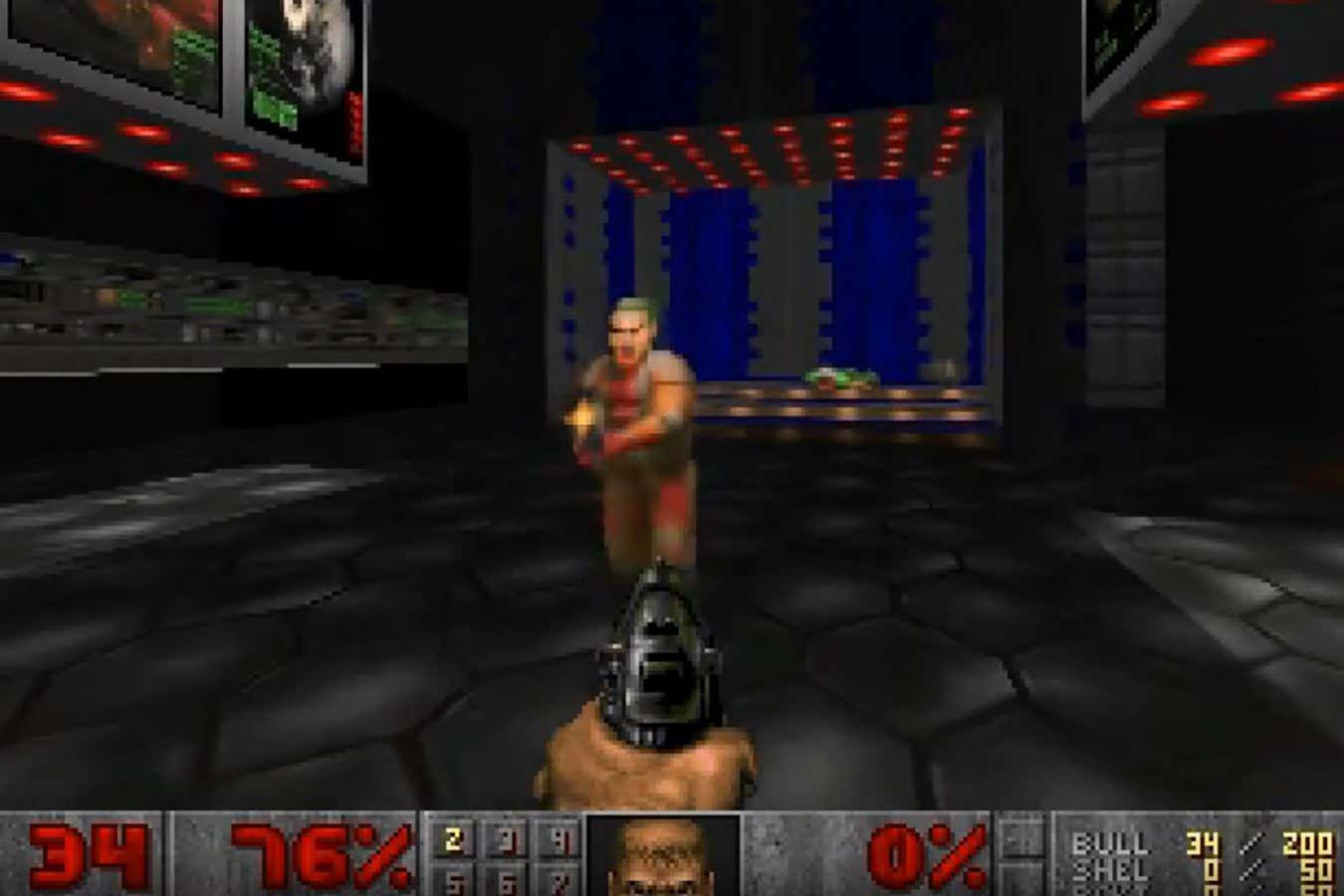The model, called GameNGen, was made by Dani Valevski at Google Research and his colleagues, who declined to speak to New Scientist. According to their paper on the research, the AI can be played for up to 20 seconds while retaining all the features of the original, such as scores, ammunition levels and map layouts. Players can attack enemies, open doors and interact with the environment as usual.
After this period, the model begins to run out of memory and the illusion falls apart.



Honestly I thinkyour self driving example is something this could be really cool for. If the generation can exceed real time (I.e. 20 secs of future image prediction can happen in under 20 secs) then you can preemptively react with the self driving model and cache the results.
If the compute costs can be managed maybe even run multiple models against each other to develop an array likely branch predictions (you know what I turned left)
Its even cooler that player input helps predict the next image.